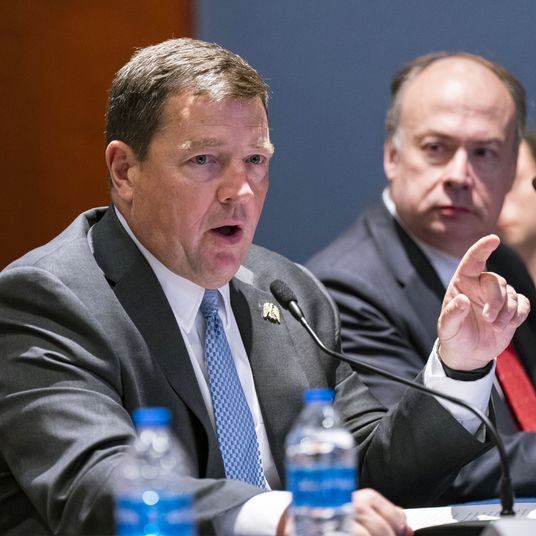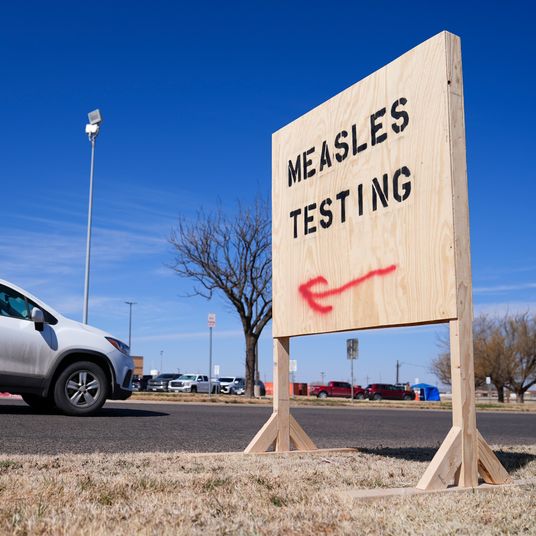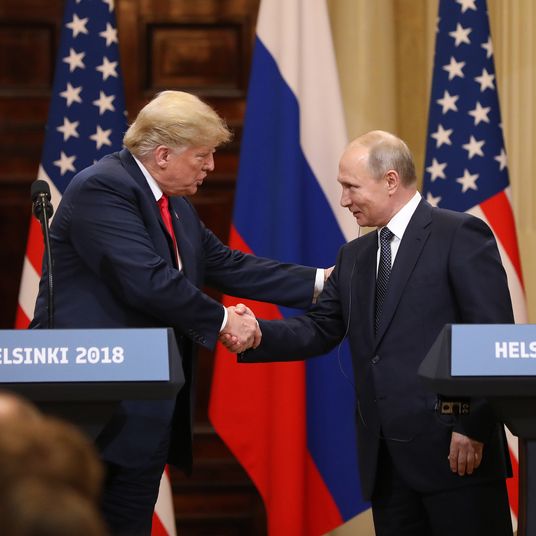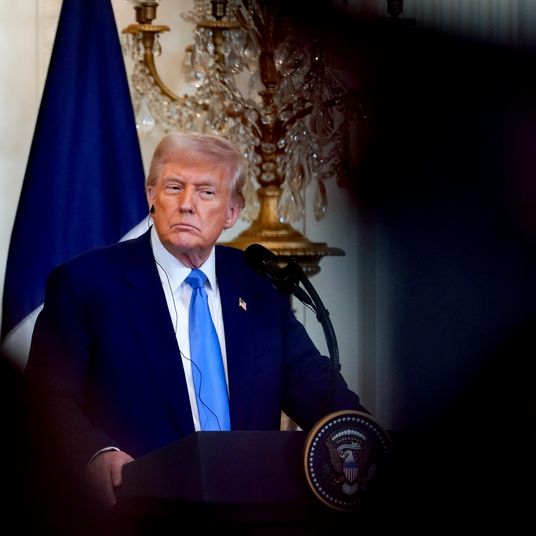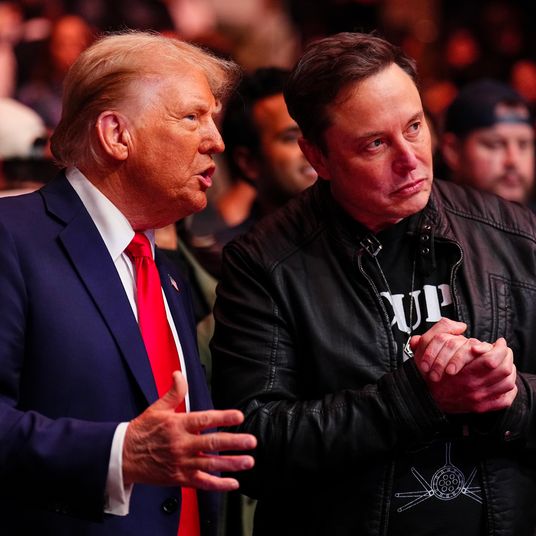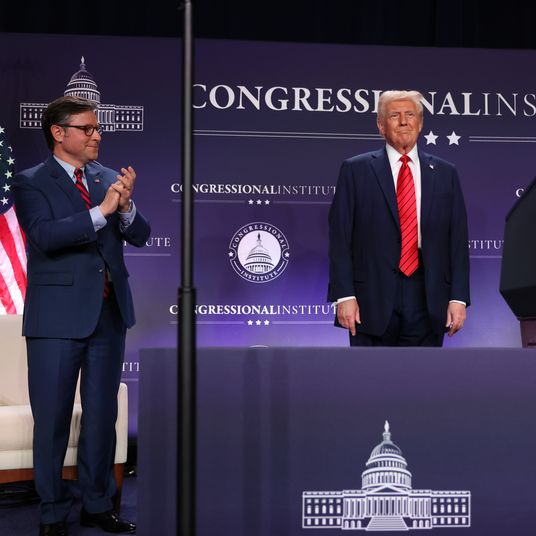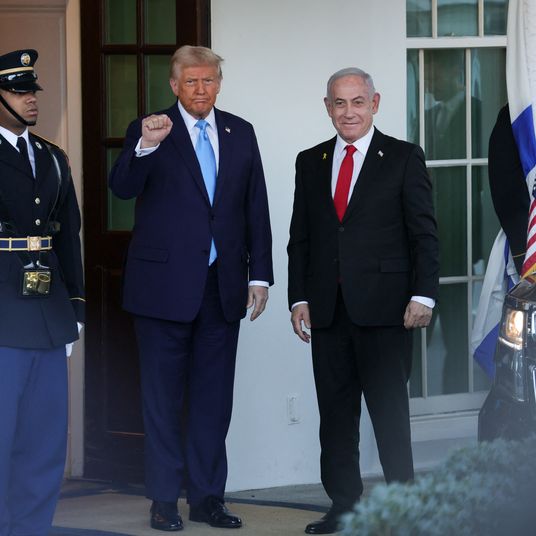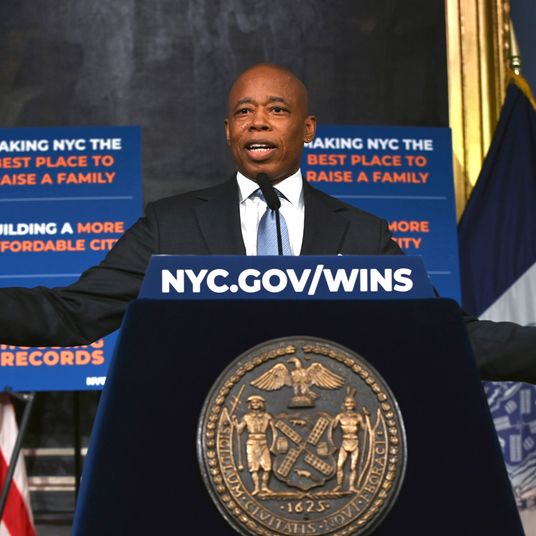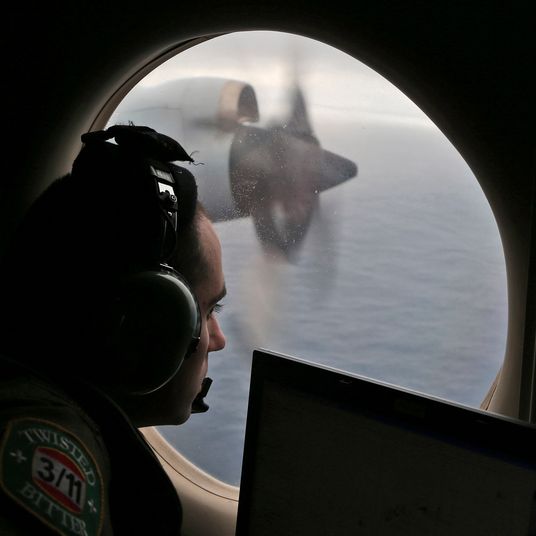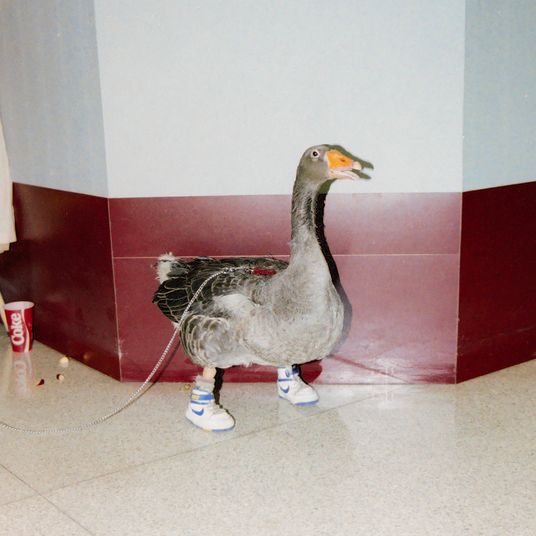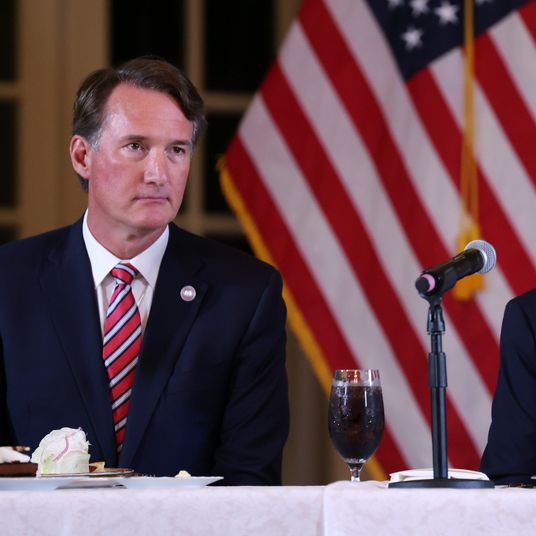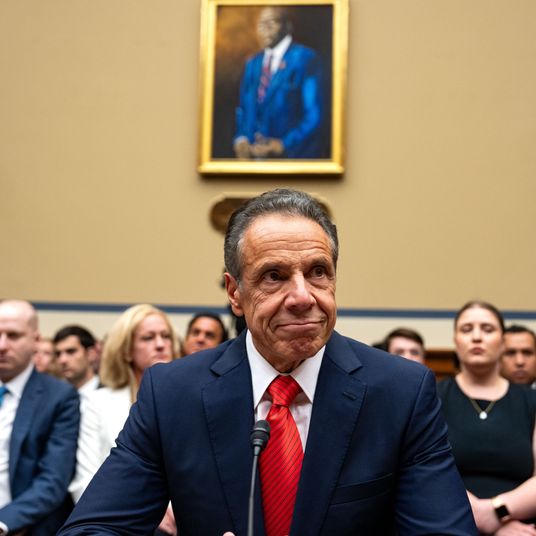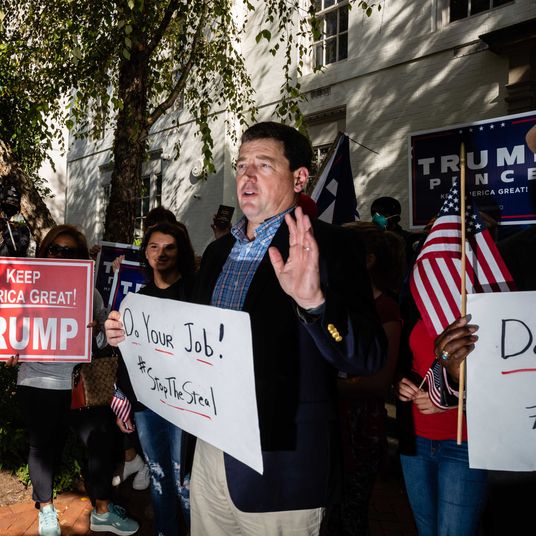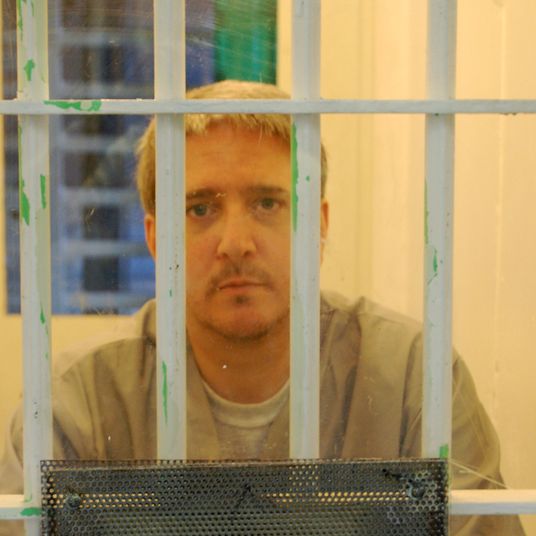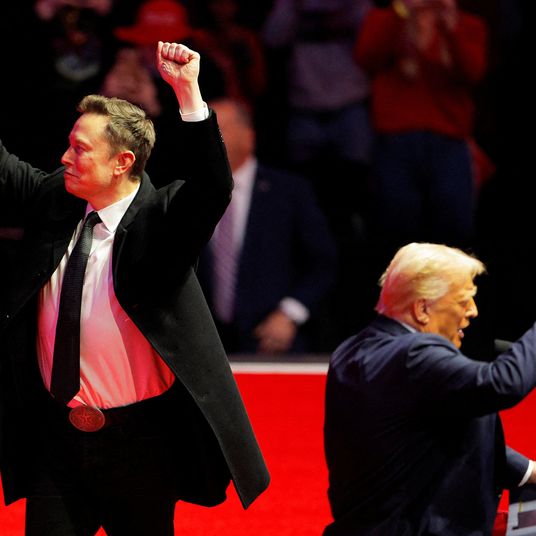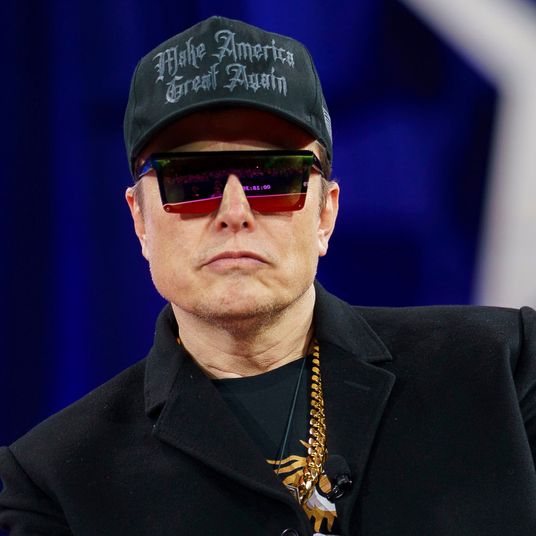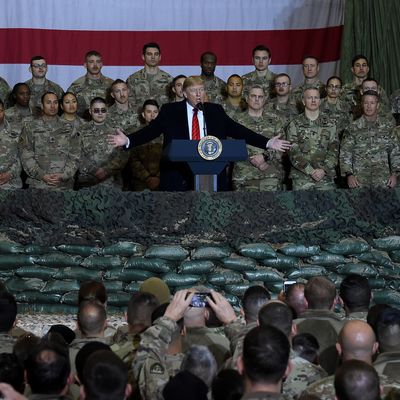
On Friday, the New York Times reported that, according to U.S. intelligence officials, a Russian spy unit secretly offered bounties last year to Taliban-linked militants for the killing of U.S. coalition forces in Afghanistan, including American troops. Per the officials, President Trump was briefed on the intelligence and the U.S. developed a range of possible responses to the significant Russian escalation, including diplomatic efforts and new sanctions, but the White House has not authorized any of them. (The officials didn’t offer any explanation as to why.) On Sunday morning, following outcry over the lack of action to protect U.S. servicemembers, President Trump claimed he hadn’t been told about the Russian operation, and suggested the reported intelligence was “fake news.”
“Nobody briefed or told me, [Vice-President Mike Pence], or Chief of Staff [Mark Meadows] about the so-called attacks on our troops in Afghanistan by Russians,” Trump wrote on Twitter, “Everybody is denying it & and there have not been many attacks on us.”
But on Sunday, the New York Times reported that intelligence officers and special operations forces in Afghanistan informed superiors in January about the payoffs, and that their reports were briefed to “the highest levels of the White House.” One official stated that the information was included in the President’s Daily Brief, an intelligence rundown that Trump has been known for years to ignore. The National Security Council also discussed the intelligence during an interagency meeting at the White House in March, but the Trump administration did not brief U.S. allies about it until this week.
On Monday, the timeline became more damning: According to the Associated Press, former national security adviser John Bolton briefed Trump on the bounties in March 2019. According to intelligence officials who spoke with the Washington Post, the bounty program resulted in the deaths of an unknown number U.S. soldiers.
The president, of course, has notoriously dismissed the conclusions of the U.S. intelligence community regarding Russia in the past. According to the Post, the alleged Russian operation “has generated an intense debate within the Trump administration about how best to respond to a troubling new tactic” in light of Trump’s ongoing stance toward the country. According to Trump, he has somehow not been allowed in that loop.
According to the New York Times, the White House appears to be obscuring their knowledge of the scandal, even among Republican lawmakers. In a briefing with GOP representatives on Monday, administration officials reportedly presented conflicted evidence on the existence of the Russian bounty program. They did not, however, mention that intelligence officials had intercepted “financial transfers from a bank account controlled by Russia’s military intelligence agency to a Taliban-linked account” — evidence that suggests the program was in operation.
The Kremlin has purportedly begun backing the Taliban in recent years as part of its efforts to destabilize adversaries like the U.S., despite having declared the Islamist militant group a terrorist organization in 2003 — but it had been considered low-level support up to now. Per the Times:
Some officials have theorized that the Russians may be seeking revenge on NATO forces for a 2018 battle in Syria in which the American military killed several hundred pro-Syrian forces, including numerous Russian mercenaries, as they advanced on an American outpost. Officials have also suggested that the Russians may have been trying to derail peace talks to keep the United States bogged down in Afghanistan. But the motivation remains murky.
The officials briefed on the matter said the government had assessed the operation to be the handiwork of Unit 29155, an arm of Russia’s military intelligence agency, known widely as the G.R.U. The unit is linked to the March 2018 nerve agent poisoning in Salisbury, England, of Sergei Skripal, a former G.R.U. officer who had worked for British intelligence and then defected, and his daughter. Western intelligence officials say the unit, which has operated for more than a decade, has been charged by the Kremlin with carrying out a campaign to destabilize the West through subversion, sabotage and assassination.
G.R.U., of course, is the same Russian intelligence organization which, though two cyber units, worked to interfere in the 2016 U.S. president election. Russia did so both to boost overall political discord in the U.S. as well as to help elect President Trump — who has since repeatedly taken a soft approach toward the Kremlin, and who seems to trust and genuinely admire Russia’s strongman leader, Vladimir Putin.
For more than a year, Trump and his administration have tried to officially and finally end the nearly 19-year U.S. war in Afghanistan, and in February the U.S. and the Taliban signed an agreement to withdraw U.S. forces from the country by April 2021. It was during this peace process that Russia allegedly offered to pay for the deaths of coalition forces.
Also on Friday, CNN reported that the administration is nearing a decision to reduce the number of U.S. troops in the Afghanistan from 8,600 to 4,500, despite a recent intensification of Taliban attacks on the U.S.-backed Afghan government, which announced on Monday that the previous week had been its deadliest of the war — with the Taliban carrying out 422 separate attacks across 32 provinces.
The Trump administration has already, ahead of schedule, reduced U.S. troop levels in accordance with its agreement with the Taliban (to 8,600 in July.) Removing another 4,000 troops would significantly reduce the U.S. military’s ability to conduct operations inside Afghanistan, and the rapid withdrawal has gone against the wishes of some U.S. military commanders — who have said that the Taliban is not keeping up its end of the agreement. Nonetheless, CNN reports that Trump is likely to support the new reduction, noting that “one U.S. official familiar with the discussions said they believe the president would agree to the 4,500 figure because it would mean there would be fewer troops than when President Barack Obama left office, allowing Trump to declare a victory on the campaign trail.”
This post has been updated to reflect new reporting.





